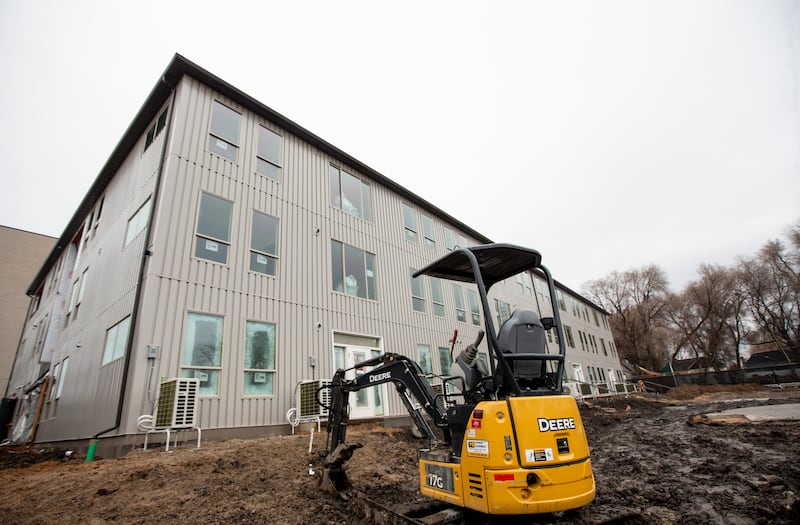Utah lawmakers have devoted tens of millions of dollars to help Salt Lake City take care of a homeless problem so large it was threatening the health and safety of many people in a section of downtown. Now it needs to do the right thing and fund the back end of the solution to that problem by helping provide more affordable housing for people who are trying to successfully reenter society.
Legislative leaders blame the failure of tax reform earlier this year for not being able to find the money to provide more housing. But while the state’s general fund may be somewhat strapped because of the imbalance between sales and income taxes, lawmakers still write budgets that reflect their priorities.
Too often, the least among us are left out of those priorities in favor of other programs and, worst of all, a series of tax breaks that favor wealthy companies. Many lawmakers, including leaders in the House and Senate, are developers or otherwise involved in the for-profit housing industry. They do a disservice by ignoring the needs of those who never could afford the homes they build at market rates.
Sen. Jake Anderegg, R-Lehi, is sponsoring SB39, a bill that would provide $35 million for affordable housing programs, which is more than the $20 million included in the governor’s budget but is still small compared to the overall state budget of about $20 billion. But the bill, after narrowly passing the Senate 16-11, seems to be languishing in the House.
The new homeless program being administered at three new homeless resource centers along the Wasatch Front uses data collection and targeted programs to help people deal with the underlying issues that have landed them on the streets, including mental health and substance abuse. The final stage of that progression involves providing housing.
Utah’s booming economy has led to a surge in demand for housing, which in turn has increased the cost of real estate and rents. For many people emerging from homelessness, market-rate rents are simply too high, but they could be gradually reintroduced into housing by paying reduced rates for a period of time.
Homeless advocates are working with private lenders and landlords to find ways to mitigate these problems, but a state-sponsored incentive program is the key to success.
As homeless advocate Pamela Atkinson said last week, the lack of funding is “holding up the pipeline” in what otherwise has been a successful new approach to homelessness in Utah.
Every year, lawmakers collectively find ways to tell homeless advocates they can’t find the money for this effort. Every year, despite a strong economy and healthy growth in revenue, they find an excuse to cover the fact that they consider this to be a low priority.
We understand the need to incentivize economic growth through tax breaks and other means. Thriving businesses provide jobs, and Utah has maintained an enviable unemployment rate.
But government is about more than protecting economic development. It has an obligation to those who are poor and struggling, as well. Many Utah leaders understood this as they voted to support plans to improve resource centers to take care of critical needs. Now they need to complete that job by helping people take that last step off the streets and into life as contributing members of society.

